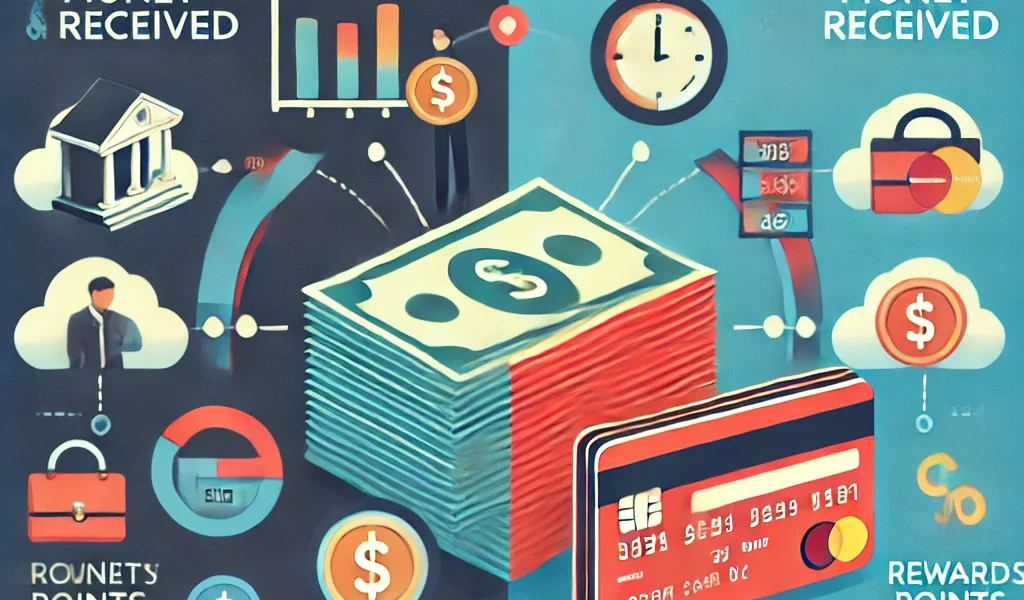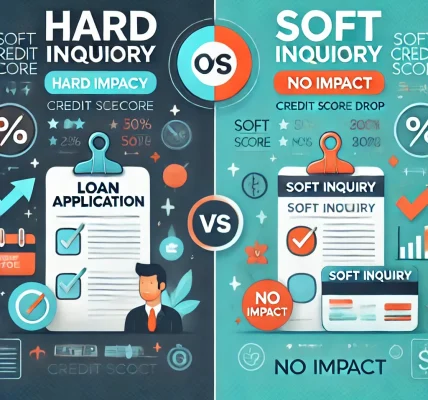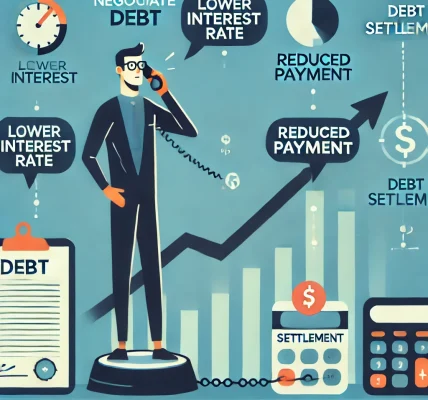Introduction
When it comes to borrowing money, two of the most common options are personal loans and credit cards. Each has its own set of advantages and drawbacks, making it important to choose wisely based on your financial goals, spending habits, and repayment capacity.
In this guide, we’ll break down the key differences between personal loans and credit cards, their pros and cons, and how to determine which option is best suited for your needs.
1. Understanding Personal Loans and Credit Cards
What Is a Personal Loan?
A personal loan is a lump sum of money borrowed from a bank, credit union, or online lender, which is repaid in fixed monthly installments over a set period, typically ranging from 1 to 7 years.
Key Features:
- Fixed interest rates (though variable rates are also available)
- Structured repayment terms (e.g., 12, 24, 36 months)
- Requires a credit check and approval process
- Can be used for debt consolidation, large purchases, or emergencies
What Is a Credit Card?
A credit card is a revolving line of credit that allows you to make purchases up to a predetermined credit limit. You must make minimum monthly payments, and unpaid balances carry over to the next month with interest charges.
Key Features:
- Variable interest rates
- No fixed repayment schedule (minimum payment required each month)
- Revolving credit (funds replenish as you pay off debt)
- Ideal for everyday expenses and short-term financing
2. Comparing Interest Rates and Costs
Interest Rates
One of the biggest differences between personal loans and credit cards is their interest rates:
- Personal Loans: Typically range from 6% to 36% APR, depending on credit score and lender terms.
- Credit Cards: Interest rates range from 15% to 30% APR, with penalty rates even higher.
A personal loan generally has lower interest rates than a credit card, making it a better option for financing larger expenses.
Fees and Charges
- Personal Loans: May include origination fees (1%–8% of the loan amount), late payment fees, and prepayment penalties.
- Credit Cards: May have annual fees, late payment fees, cash advance fees, and balance transfer fees.
For those who plan to carry a balance, a personal loan can be the cheaper option due to its structured payments and lower interest rates.
3. When to Choose a Personal Loan
A personal loan is ideal in the following situations:
✅ Debt Consolidation – If you have multiple high-interest debts, consolidating them into a lower-interest personal loan can reduce overall costs. ✅ Large One-Time Expenses – Best for major purchases such as home renovations, medical bills, or wedding expenses. ✅ Fixed Repayment Plan – If you prefer structured payments over a set timeline, a personal loan helps maintain financial discipline. ✅ Lower Interest Rates – When you qualify for a lower APR than a credit card, a personal loan is a cost-effective option.
4. When to Choose a Credit Card
A credit card is better suited for:
✅ Everyday Expenses and Small Purchases – Ideal for groceries, dining, subscriptions, and travel expenses. ✅ Short-Term Borrowing – If you can pay off the balance within the grace period, you avoid interest charges. ✅ Earning Rewards and Benefits – Many credit cards offer cashback, travel rewards, and purchase protection. ✅ Building Credit History – Responsible usage of a credit card can improve your credit score over time.
However, if you carry a balance and only make minimum payments, interest costs can quickly accumulate, making it an expensive option.
5. How Each Affects Your Credit Score
Both personal loans and credit cards impact your credit score, but in different ways.
| Factor | Personal Loan | Credit Card |
|---|---|---|
| Credit Utilization | Not affected (installment loan) | Affects utilization ratio |
| Payment History | Late payments hurt credit | Late payments hurt credit |
| Credit Mix | Improves credit mix | Improves credit mix |
| Length of Credit History | Fixed term loan | Ongoing account |
- A personal loan helps with credit mix and timely payments, but does not build ongoing credit utilization.
- A credit card impacts your credit utilization ratio, which is a major factor in your score.
For credit-building purposes, using both responsibly can be beneficial.
6. Key Takeaways: Which One Should You Choose?
| Scenario | Best Choice |
| Large, one-time expense | Personal Loan |
| Consolidating high-interest debt | Personal Loan |
| Everyday spending | Credit Card |
| Earning cashback/rewards | Credit Card |
| Short-term borrowing | Credit Card (if paid in full) |
| Need fixed payments | Personal Loan |
| Need flexible credit access | Credit Card |
Final Decision:
- Choose a personal loan for structured repayment and lower interest rates on large expenses.
- Choose a credit card for short-term, flexible spending and rewards.
- If possible, use both strategically to balance cost and financial flexibility.
7. Smart Borrowing Tips
✅ Compare Lenders and Credit Card Offers – Shop around for the best interest rates and terms. ✅ Avoid Borrowing More Than Needed – Whether using a loan or a credit card, don’t take on excessive debt. ✅ Pay More Than the Minimum – Reduce interest costs by making larger payments on both loans and credit cards. ✅ Check Your Credit Score Regularly – A higher score can qualify you for better borrowing options. ✅ Read the Fine Print – Understand fees, repayment terms, and penalties before committing.
Conclusion
Both personal loans and credit cards have their place in financial management. The right choice depends on your borrowing needs, repayment ability, and financial goals.
If you need a structured repayment plan and a lower interest rate, a personal loan is a solid choice. However, if you need flexibility and rewards, a credit card can be more beneficial.
By understanding their differences and using them wisely, you can make the best financial decision and maintain a healthy credit profile.
Legal Disclaimer: This guide is for informational purposes only and does not constitute financial or legal advice. Always consult a financial expert before making borrowing decisions.




